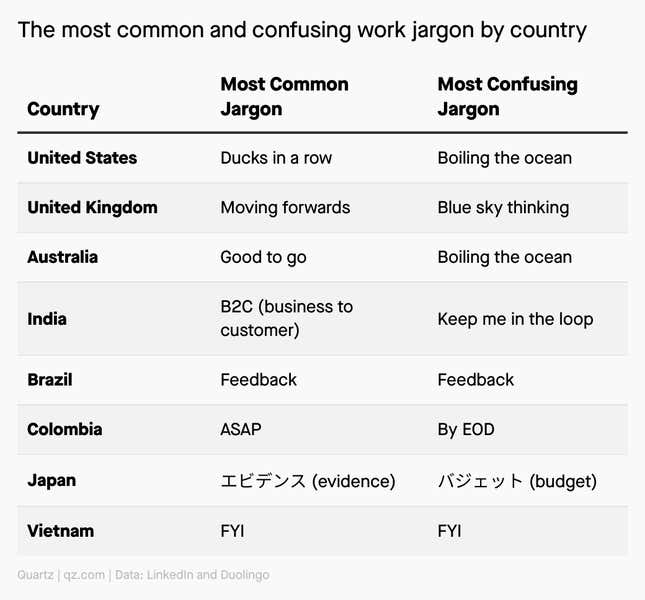Hello, Quartz at Work readers!
The movement for the four-day workweek is steadily picking up steam. Both companies (like Kickstarter and ThredUp) and nations (like Japan and Iceland) have experimented with reducing the number of working days per week from five to four. And the practice has won its advocates, who say that abbreviated workweeks help employees gain better work-life balance—all without their employers losing out on output or productivity.
But the shortened week may also present a surprising outcome for workplace equality. The four-day week, experiments suggest, could be a feminist act.
At least that’s according to recent analysis by 4-Day Week Global, an advocacy group testing compressed workweeks. Last year more than thirty companies across six countries participated in its half-year trial, where employees switched to a four-day, 32-hour workweek with no reduction in pay.
Alongside less burnout and higher productivity, the trial found this optimistic outcome: It helped workers balance domestic duties at home. Men who worked a four-day week reported spending 22% more time on childcare and 23% more time on housework, while women spent less on both.
Because women still bear a disproportionate amount of time spent on domestic tasks—often to the detriment of their careers—the findings suggest a four-day week could be a boon to gender equity both at work and at home.
“Of all the workplace initiatives I’ve instituted in the last 10 years, this has been the most impactful,” says Dawoon Kang, co-founder of dating app Coffee Meets Bagel, tells Quartz; the company began following a four-day workweek last year.
Meanwhile, CFO Quincy Yang calls the schedule “transformational” for his ability to be a more involved parent, with the extra day allowing him to join school field trips with his six-year-old or stay up late nights with his infant.
Quartz contributor Emily McCrary-Ruiz-Esparza takes a closer look at how shortened workweeks could make surprising strides in achieving gender parity. Read how the four-day week really benefits women at work—along with which women may not see its gains.
JARGON ON THE JOB
🌀 Ever wondered why someone says they’ll circle back on your email? Or what it means to face headwinds or tailwinds?
If workplace jargon has ever had you spinning your wheels, you’re not the only one. A new report from LinkedIn and Duolingo surveyed workers in eight countries about the jargon used at their jobs—and ranked both the most common and the most confusing corporate-speak.

As it turns out, English business buzzwords have made their way into workplaces around the world, even in nations that don’t count English as an official language.
While there’s a Japanese word for “budget”—yosan—the most-used jargon in Japan is actually the English-borrowing bajetto. Meanwhile, English words like “feedback” come up commonly in countries like Brazil and Vietnam. And when more idiomatic phrases like “boiling the ocean” or “blue sky thinking” enter the chat, even native English speakers may scratch their heads.
So what’s the jargon du jour in Bangalore or Bogotá, and which phrases leave workers baffled? Find the definitive ranking with the full list on Quartz.
BRING ‘EM BACK, SAYS BIG TECH
3️⃣: The number of days Googlers need to start showing up in the office per week, as per a new company notice issued by the tech giant.
Google is just the latest tech company to double down on enforcing return to office plans—and to effectively reverse course on encouraging remote work. This month, Meta issued a similar memo compelling workers to come into the office three days a week. Meanwhile, Salesforce is beckoning employees back by offering to donate to a nonprofit of their choosing for each day they appear IRL.
What’s ironic, though, is that office mandates are coming from the companies behind the tools that make remote work possible, from Google Docs and Slides to Slack and the metaverse.
If corporate memos are to be believed, tech leaders think workers are missing out on one key benefit you can only get from the office. And for what it’s worth, employees seem to be on a different page.
YOUR WEEKLY WORK HACK
The catch, check, and change model can help you handle rejection. It’s tough to feel rebuffed on the job. That’s especially true for workers who can be sensitive to perceived rejection, like employees with ADHD. But when you’re feeling defeated by a comment or a potential slight, a three-step process can help redirect you:
- Catch the thought
- Check to see if it’s objectively true
- Change the thought to something more true or supportive
Just a few moments of mindfulness can save you hours of dejection or distraction.
QUARTZ AT WORK’S TOP STORIES
🔄 Google has officially changed its mind about remote work
🧠 How to find your zone of genius at work
😣 The real-world reasons AI could have rejected your job application
🤝 Two-thirds of workers feel disconnected from their colleagues. Here’s how companies can help
👠 Could a four-day workweek be a feminist act?
YOU GOT THE MEMO
Send questions, comments, and jargony jibberjabber to [email protected]. This edition of The Memo was produced by Gabriela Riccardi.
